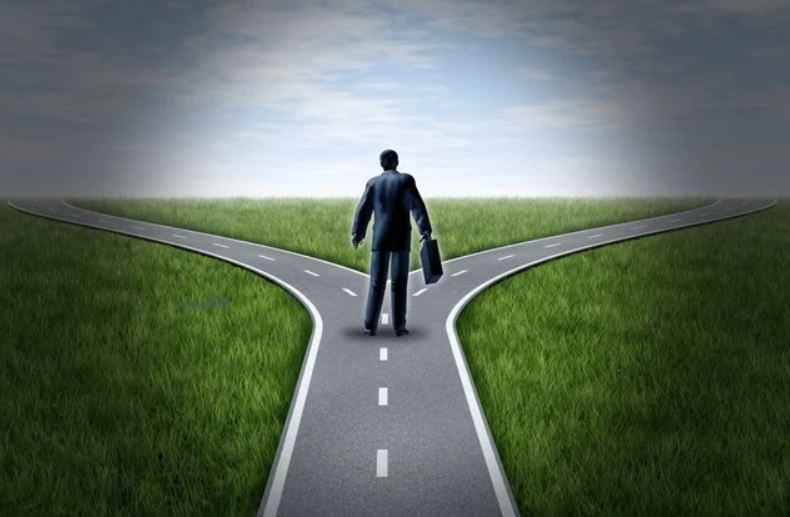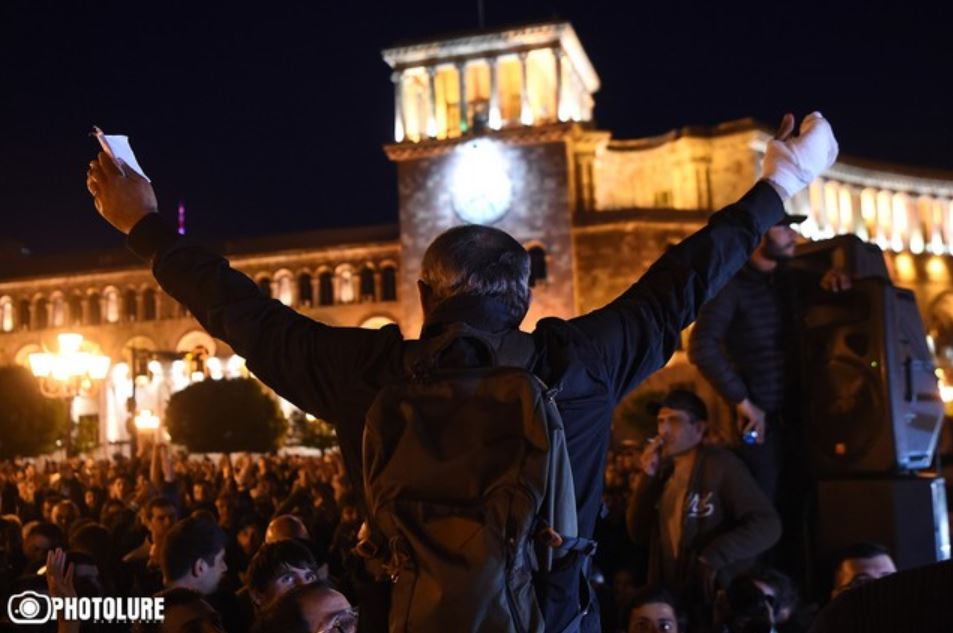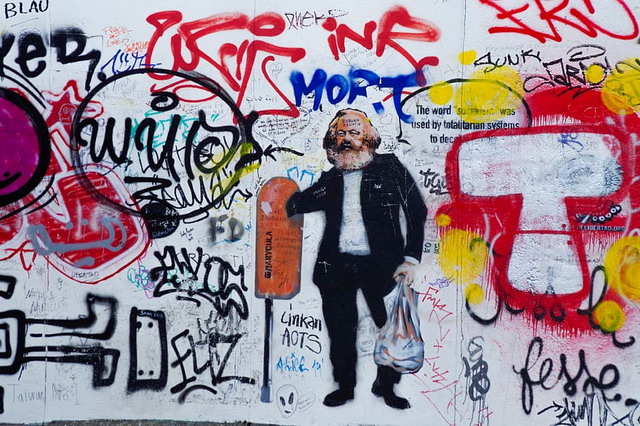The world is moving from unilinear development to decentralization
Since we live in a turbulent and uncertain era of world order change, I think it makes sense to think about what value system, or perhaps the contrast of systems, the new world order will be based on. It is very difficult to predict, because this so-called “transition” period can last for decades, and a lot can still happen during those decades. But it is possible, perhaps, to predict what the world will not be like. It is probably possible to say with a more or less high percentage of probability that the “unilinear” theories, according to which everything goes to some final tipping point, have not justified themselves.
According to one of these theories, the development of mankind goes from primitive communal orders to communism. And that theory, known to us since childhood, claims that at some point there will be a struggle between the “old” (capitalism) and the “new” (socialism-communism), the outcome of which is predetermined – the one that is more progressive and forward-looking will win.
According to another theory, everything is moving towards democracy and market relations. And in the irreconcilable struggle between them and the more “backward” social classes, the liberal, enlightened value system will naturally win, and those who do not understand it will remain in eternal darkness and in the role of envying the advanced world. But, it turned out that those two theories are not so wrong as, if we can say so, they are not complete, they do not reveal the “trends” of the whole of humanity.
Read also
The greatest sociologists of the 19th and 20th centuries, Karl Marx and Max Weber, were right when they said that 1. Economic development greatly influences people’s aspirations and behavior, 2. People’s beliefs and motivations are to some extent predetermined by the cultural heritage of society. But is it possible to draw an unequivocal conclusion from those completely correct assumptions that economic development inevitably leads to cultural changes, and under their influence the necessary institutions for “complete happiness” are formed?
At least, that was the opinion of the American political scientist Ronald Inglehart, under whose leadership a survey of 81 countries was conducted in 1981-2001, with two axes: religious-secular values and survival-self-expression values. If we simplify a little, then the following is obtained: the smaller the first component of those pairs and the larger the second, the better.
“Humanistic culture,” which emphasizes self-expression, extends to all areas of human life, changing sexual norms, family values, religious inclinations, work motivation, the relationship between man and nature, and people’s civic and political activism, Inglehart writes. Does it change in which direction? Apparently positive. That is, essentially, we are dealing with the same idea of ”unilinear” development.
The American scientist notes: “One direction is towards humanization and human development, the other direction is towards authoritarianism and xenophobia.” However, the example of a number of countries in the 21st century shows that everything is not so clear-cut. In particular, it has become clear that fair and regularly held elections, freedom of speech, and the desire to respect human rights in themselves do not ensure either the stability of the state or proper economic development. Of course, Armenia is far from ideal in that respect, but at least in formal terms, all that exists here. I would not say that it gives us, Armenians, complete happiness. On the other hand, let’s say China doesn’t have all that, and that country is the 2nd economy in the world today.
Chinese philosopher Zhao Tingyang points out that liberal democracy is not up to modern challenges. It has turned into “publicracy,” which is “collective irrationalism.” In fact, according to the Chinese thinker, we are dealing with the “market of opinions,” not the will of the people. “Today,” writes Zhao Tingyang, “there is no unified world order.
The West is trying to create it based on its values, but now it will be by Internet standards, decentralized. There will be unity, but no one will claim priority: semantically, politically, culturally.” The philosopher calls that system “tian xia”, which can be translated as “everything under the sky.”
In other words, to put it more simply, no one will teach anyone life. Of course, Armenia will never become China. And our goal, in my opinion, should be democracy. Simply, it seems to me that nothing should be absolute, the goal cannot be made an end in itself.
Aram Abrahamyan
























































